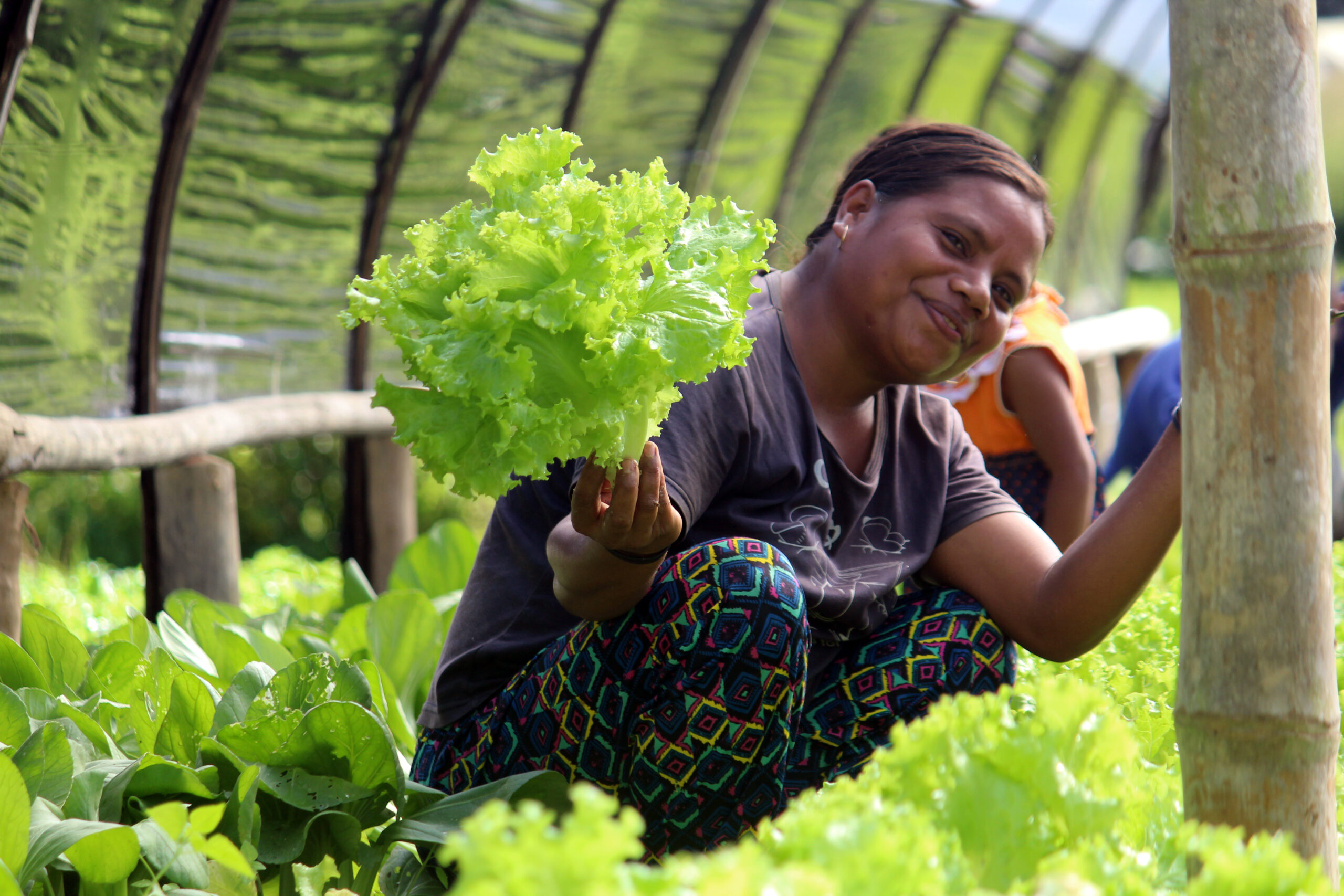ALDI
The ALDI Nord Group (ALDI Nord) and the ALDI SOUTH Group (ALDI SOUTH) are two international food retailers. For joint activities, ALDI Nord and ALDI SOUTH will together be referred to as ALDI.


ALDI is committed to respecting all internationally recognised human rights and is aware of its responsibility to address human rights risks throughout its supply chains in line with the UN Guiding Principles on Business and Human Rights (UNGPs). As part of this commitment, ALDI is dedicated to work towards gender equality. ALDI Nord and ALDI SOUTH are both signatories to the Women’s Empowerment Principles.
Actions undertaken
In November 2021, ALDI launched the ‘International Policy on Gender Equality in ALDI’s Supply Chains’ (ALDI Nord/ ALDI SOUTH), which sets out ALDI´s commitment to women´s enjoyment of human rights without discrimination across global supply chains. The Policy indicates ALDI’s understanding of gender equality and highlights the four principles guiding ALDI´s work on gender in the global supply chains, namely:
- Non-Discrimination and Equal Pay,
- Combating Violence against Women and Girls,
- Health and Safety at Work,
- Women’s Access to Resources and Making Women’s Voices heard.
ALDI identified these principles as well as measures and actions to implement them by conducting a comprehensive risk analysis.
A Gender Equality Action Plan (ALDI Nord / ALDI SOUTH) supplements the Policy, outlining the measures to be implemented to put the Policy into practice. These measures include assessing potential adverse impacts, increasing supply chain transparency, building partnerships, raising awareness, as well as monitoring and reporting.
Amongst the various measures implemented, ALDI incorporates a gender lens systematically into the Human Rights Impact Assessments that are regularly conducted. This means ensuring that a special focus is placed on women as a vulnerable group. The Human Rights Impact Assessment reports are publicly available on ALDI’s websites (ALDI Nord / ALDI SOUTH).
ALDI also assists direct business partners as well as production sites with the implementation of the Policy by collaborating on sector-specific gender equality projects and by supporting capacity building through on-site programmes and e-learnings. An example of an on-site programme is ALDI´s capacity building project in Bangladesh’s textile sector. Between 2015 and 2021, ALDI worked with factories to jointly identify and address issues hindering gender equality, such as healthcare, discrimination, remuneration and childcare. In the fall of 2022, ALDI Nord furthered the project, in collaboration with a local NGO, Karmojibi Nari, to include a modular training course on eight topics, of which women’s empowerment is one.
For each measure of the Gender Equality Action Plan, responsibilities within ALDI are clearly allocated, and implementation timelines and progress reports are regularly shared with all relevant internal stakeholders. ALDI plans to communicate externally on the status of the Gender Equality Action Plan in 2024.
How does a gender policy contribute to a gender responsive due diligence?
The first step of human rights due diligence, as mandated by the UNGPs, is for companies to embed their commitments to human rights into policies. Therefore, the first step of a gender responsive due diligence process is to ensure that a gender focus is integrated into policies.
ALDI has gone beyond establishing a gender responsive policy by establishing a stand-alone gender equality policy for its supply chains which clearly defines gender equality and ALDI´s expectations towards business partners.
Secondly, both ALDI Nord and ALDI South have embedded their gender commitment into their day-to-day operations by supplementing the Policy with the Gender Equality Action Plan, which defines clear objectives, targets, and measures to be achieved.
Additionally, ALDI has offered capacity building measures for direct business partners as well as for production sites, through women empowerment projects and provision of an e-learning.
Learnings
As an internationally operating retailer, ALDI has extensive and diverse supply chains. In many of the countries of ALDI´s global supply chains, gender inequality and discrimination are systemic risks. ALDI learnt that for applying a gender lens to a human rights due diligence process, the following steps are key:
-
- Start by establishing an overarching gender-responsive policy. This is essential to communicate the company’s commitment to gender equality, clarify expectations for business partners and define the business approach.
- Develop defined and timebound actions to implement the commitment expressed in the policy and ensure these actions are monitored and regularly reported upon.
- Collaborate with all relevant stakeholders and their representatives, including through industry wide initiatives. Cooperation can span from working with suppliers to raise awareness and build capacity for the implementation of policies, to engaging with Women’s Rights Organisations, NGOs, and other retailers to discuss issues and risks and jointly tackle them.
